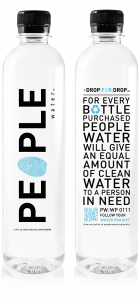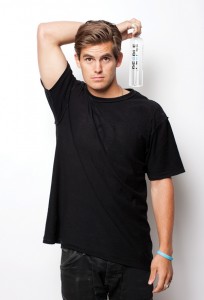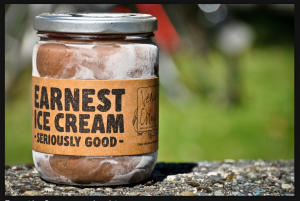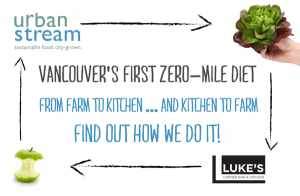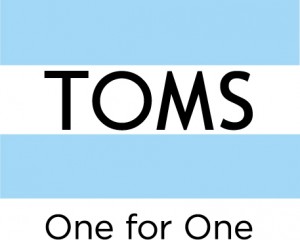Going into this course, I knew a bit about sustainability marketing. After a term of learning about the ins and outs of the subject, particularly marketing products and adopting sustainable behaviors, I’ve gained a better understanding of what a sustainable society might look like. It’s most definitely an ideal that is long ways away (and to some, maybe not possible).
I’m not sure if my views on businesses have changed. If a company has incorporated sustainability into their business model, and it “fits”, and compliments their values/practices, that’s awesome. I’d look at that company, and say “kudos”. I still don’t necessarily think they have to, because ultimately, it comes down to the consumer. Sure, businesses can implement programs to make it easier for us to be sustainable, but we, as consumers, need to take ownership, and do our part, be it big or small, in this consumption process. It’s so easy to blame and villain-ize the big brand names in the world and whatnot, but something about this is a bit like calling the kettle black. We can’t blame companies for forcing consumption on us, because it the end, we’re the decision makes in this cycle, and we have the ability to not support brands that don’t align with our moral/environmental “code”.
In terms of my own “growth”, I’m definitely more inclined to seek out sustainable options, and be critical of those that clearly aren’t good for the environment. Just the other day, I was at West Elm Market, a pretty trendy retail store for kitchen, garden, and house ware, and I saw a small bag of soil, packaged in a plastic pouch. I thought to myself (and said out loud), “Wow, this is completely unsustainable!” The bag literally held no more than a couple handfuls of soil. It was definitely made/marketed to appeal to “green” consumers; apparently the soil is made from recycled materials…from Brooklyn. Okay. Why not just compost?
On the other hand, I still definitely find it challenging to adopt sustainable behaviors, and integrate these things into my daily life. Yes, of course I recycle, take short showers, and turn off the lights when they’re not needed. But I also can’t see myself using my car less (I would use it less to save money on gas, not necessarily because of the carbon emissions), or buying carbon offsets after I purchase an airline ticket.
So my views on sustainability are definitely along this lines of “do what you can/what fits in easily with your lifestyle”. I know that way of thinking in itself is not sustainable, but it’s good to start of somewhere, and make incremental improvements. I’d say I’ve always had this view, more or less, so I guess they’ve remained the same. But I think taking this course has exposed me to certain ways of thinking that are likely to affect my views in the future (if they haven’t already done so). Like I said before, it all comes down to the choices we make, and I know that after taking this course, I’m in a position where I can make more informed choices, and consider the environmental impact of such choices. So I’d say it was a success. Thanks for reading!

